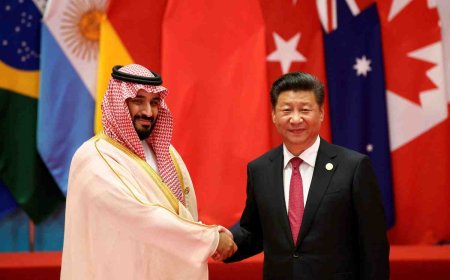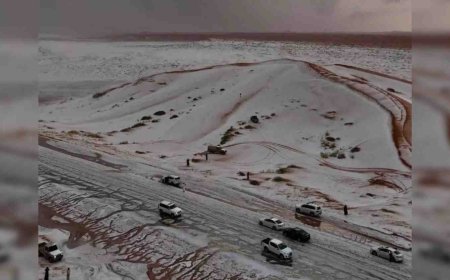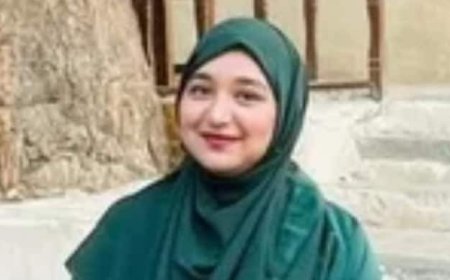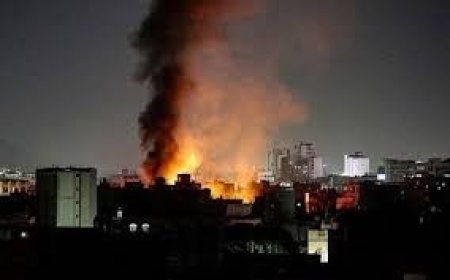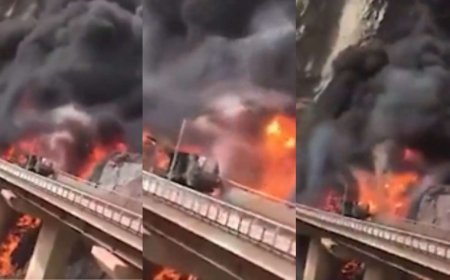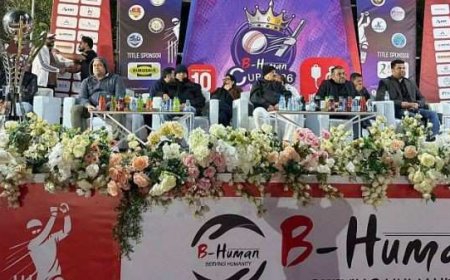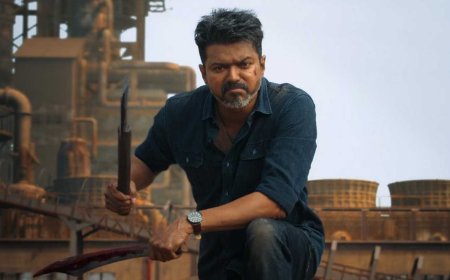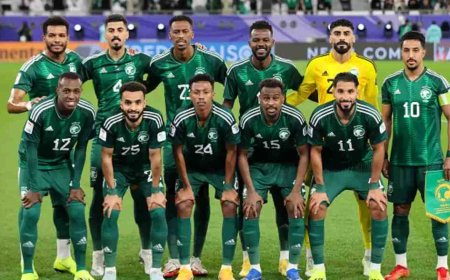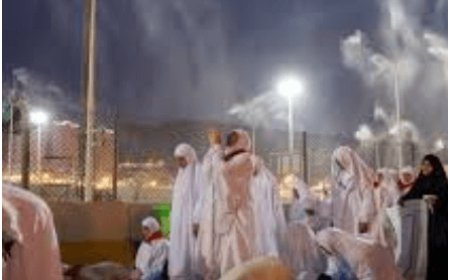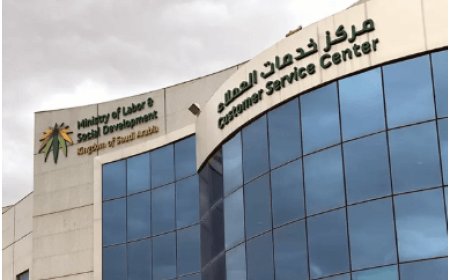Lebanon’s Pursuit of Justice: Legal Action Revived Two Years After Israeli Strike on Reuters Team
Two years after an Israeli strike killed Reuters journalist Issam Abdallah in Lebanon, a new legal push seeks accountability. Human rights groups call it a war crime and demand justice.
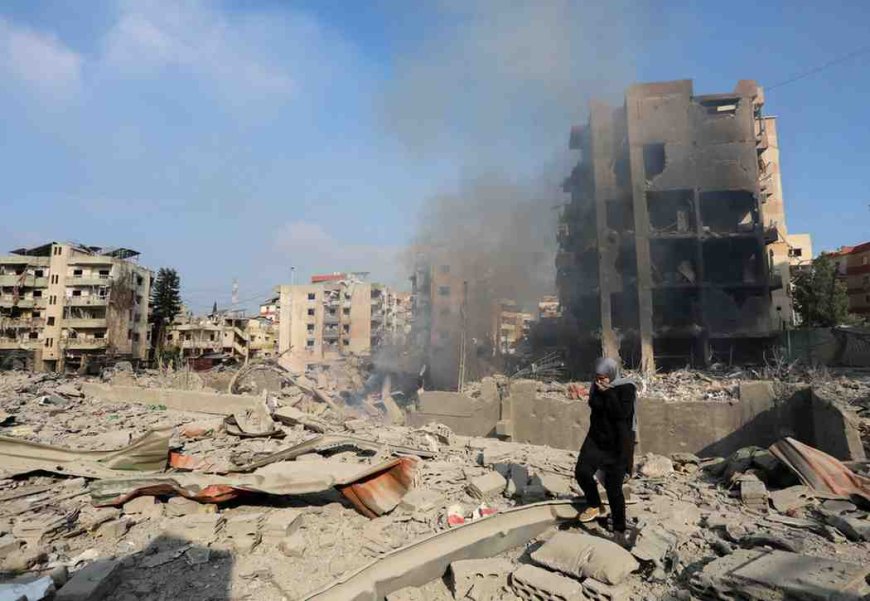
A Quest for Justice: Lebanon's Legal Push Two Years After Israeli Strike Killed Reuters Journalist
Two years after a deadly Israeli military strike in southern Lebanon killed Reuters journalist Issam Abdallah and wounded six other media workers, a renewed legal effort by Lebanon is garnering international support. Human rights organizations are commending the move and urging concrete action to achieve accountability for an attack they label a clear war crime.
The 2023 Attack: Targeting the Press
On October 13, 2023, a group of internationally accredited journalists was stationed near the Lebanese-Israeli border. The crew, which included personnel from Reuters, Al Jazeera, and Agence France-Presse (AFP), was clearly identifiable as press, wearing protective vests marked "Press."
According to conclusive investigations by Human Rights Watch (HRW) and the United Nations Interim Force in Lebanon (UNIFIL), the journalists had been stationary for over an hour and posed no threat. The investigations found no cross-border fire for at least 40 minutes prior to the incident.
Despite this, a shell from an Israeli Merkava tank struck the group. The attack involved two separate strikes approximately 37 seconds apart. Issam Abdallah was killed instantly. Among the wounded, AFP journalist Christina Assi sustained such severe injuries that her right leg later had to be amputated.
Lebanon's Legal Move and Global Reaction
On October 9, 2025, Lebanon’s Ministry of Justice formally began evaluating legal options to press charges related to the attack. This decision has been hailed by global NGOs as a critical step toward justice.
-
Human Rights Watch welcomed the move, with Lebanon researcher Ramzi Kaiss calling it a “fresh opportunity” for victims and a potential deterrent against future impunity.
-
Reporters Without Borders praised Lebanon for "finally taking action" against what they describe as a pattern of deliberate targeting of journalists.
-
UN Special Rapporteur Morris Tidball-Binz has stated the attack was “premeditated, targeted and double-tapped,” a clear violation of international humanitarian law.
Legal Dimensions: Why This is a War Crime
Human rights groups and legal experts argue the attack meets the strict definition of a war crime for several key reasons:
-
The journalists were civilians: Under international law, journalists in conflict zones are protected as civilians.
-
They were clearly identifiable: Their "Press" markings and visible equipment made their status unambiguous.
-
There was no military threat: Investigations found no active military activity in the immediate vicinity, negating any claim of a mistaken target.
-
The "double-tap" nature: A second strike shortly after the first often targets first responders, compounding the violation.
Because of these factors, advocacy groups are urging Lebanon to refer the case to the International Criminal Court (ICC) and to strengthen its own domestic laws to prosecute war crimes effectively.
Why Accountability Matters
This case transcends a single tragic event. Protecting journalists is a cornerstone of press freedom and the public's right to information. When media workers are attacked with impunity, it not only costs lives but also silences critical reporting from conflict zones, undermining global accountability.
For the wounded survivors and the family of Issam Abdallah, justice is also a deeply personal demand for recognition, redress, and the fundamental right to truth.
Challenges and the Path Forward
While Lebanon's legal inquiry is a positive development, significant hurdles remain:
-
Jurisdictional Hurdles: Questions persist over whether Lebanese courts or the ICC have effective jurisdiction and whether Israel would cooperate with any investigation.
-
Legal Frameworks: Lebanon's domestic laws do not fully incorporate all international war crimes statutes, necessitating legal reforms for a robust prosecution.
-
Evidence and Witness Protection: Ensuring the integrity of evidence and the safety of witnesses is paramount for a successful case.
The success of this effort will depend on overcoming these legal obstacles and mobilizing sustained international pressure. If successful, it could set a vital precedent, sending a powerful message that targeting journalists will not go unpunished.
What's Your Reaction?














